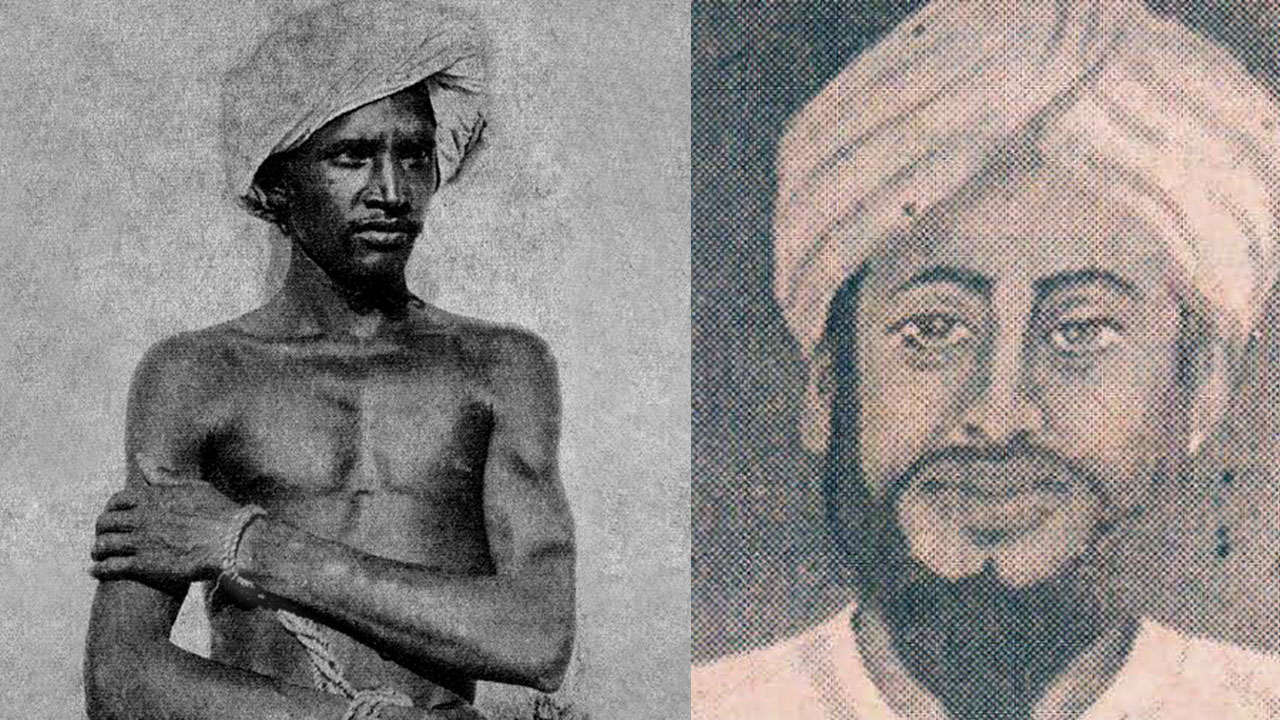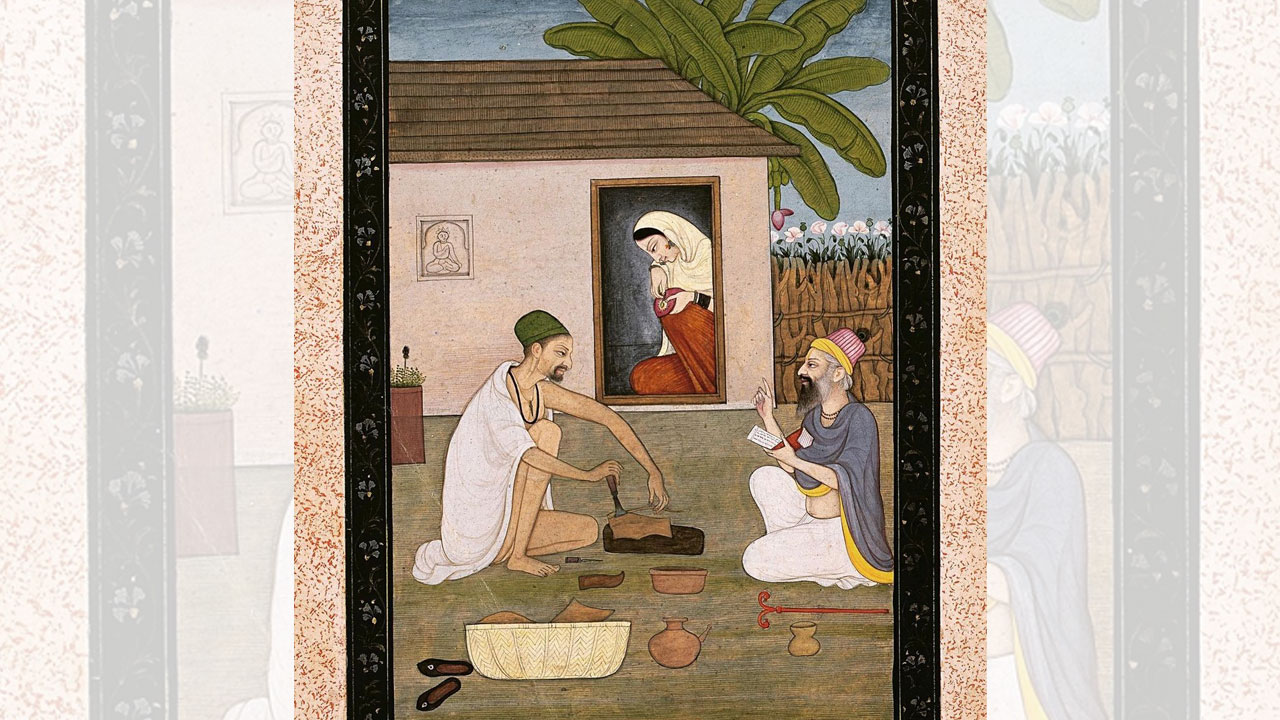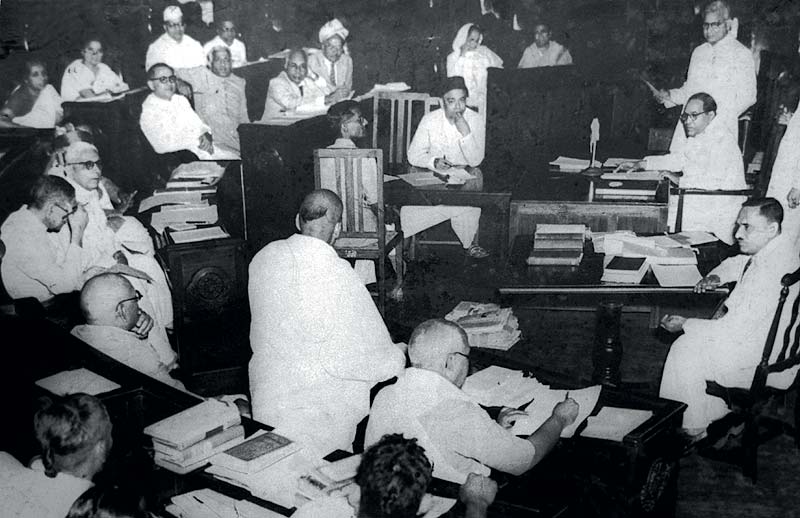Jharkhand, a state that emerged from the resilience and determination of its people, was carved out of Bihar on 15 November 2000. This significant milestone was the culmination of decades of struggle by its people to assert their unique identity and aspirations. The movement, fuelled by the socio-cultural and economic marginalization of the region’s indigenous communities, is a testament to the unwavering spirit of Jharkhand’s people. Tribal leaders, intellectuals, and grassroots activists envisioned a state that could safeguard its rich cultural heritage while addressing local development needs.
The history of resistance in Jharkhand is long and illustrious. From Birsa Munda’s revolutionary movement against the British to the sacrifices of Sheikh Bhikhari Ansari, the struggle was not merely for independence but also for preserving indigenous socio-cultural roots. Post-independence, the demand for a separate state became a rallying point for addressing systemic neglect and exploitation under the erstwhile Bihar administration.
Background
Jharkhand, a land of vibrant culture and history, stands at the crossroads of progress and persistent challenges. Home to over 33 million people, the state is a melting pot of diverse ethnicities, with 26.21 per cent tribal communities, 12.08 per cent Scheduled Castes, and a majority of 61.71 per cent from other groups. Linguistic diversity thrives here, as 70 per cent of the population speak various Hindi dialects, while about 10 per cent speak Bengali. The religious plurality also characterizes the state, with Hinduism practised by 67.8 per cent, Islam by 14.5 per cent, and around 13 per cent – roughly 4.2 million people – following “other religions and persuasions” (which includes the Sarna religion of the tribes), alongside smaller communities of Christians, Jains, Buddhists, and Sikhs (Census 2011).
Despite its formation as the 28th state of India on 15 November 2000, commemorating the birth anniversary of the tribal revolutionary Birsa Munda, Jharkhand faces a dichotomy. It boasts rich mineral resources and industrial hubs like Jamshedpur, Ranchi, and Dhanbad, hosting giants such as Tata Steel, Bokaro Steel Plant, and Central Coalfields Limited. Yet, the wealth generated often bypasses the local population, leaving many to migrate for better livelihoods.
The state’s growth trajectory, which recorded impressive figures, such as a 12.1 per cent GDP growth in 2015-16, often contrasts sharply with ground realities. Political instability, entrenched social hierarchies, and mistrust between the people and governments (state and centre) hinder equitable development. Landmark legislation like the Chotanagpur Tenancy Act (1908) and Santhal Parganas Tenancy Act (1949) aim to protect tribal lands but are frequently embroiled in political rhetoric. While Jharkhand’s urban centres flourish, rural communities grapple with socio-economic marginalization, limited governance outreach, and a stagnant trust deficit.
Efforts to bridge these gaps in Jharkhand’s development demand a nuanced approach that respects the state’s cultural ethos while fostering citizen-centric development. Addressing the historical grievances, empowering local governance, and promoting inclusive economic growth is essential and urgent for Jharkhand to harness its immense potential and emerge as a beacon of sustainable progress in India’s federal landscape.
Jharkhand’s Socio-Cultural Mosaic
Jharkhand boasts a harmonious, inclusive society deeply rooted in its indigenous heritage. The tribal communities, forming 26.3 per cent of the population, have long been the custodians of this legacy. However, it is important to note that the sociopolitical narrative often sidelines the contributions of smaller communities, including Muslims, who have been integral to the state’s evolution. Muslims, comprising 14.5 per cent of the population, have historically played a significant role in Jharkhand’s freedom struggle and statehood movement. Figures like Sheikh Bhikhari Ansari and Nadir Ali symbolize their unwavering commitment. Despite their sacrifices, the community faces systemic marginalization, communal stereotyping, and political underrepresentation. The Bengali-speaking Muslim community in Santhal Pargana, for instance, is often unjustly labelled as Bangladeshi infiltrators despite their contributions to the Jharkhand movement. Fuelled by divisive politics, such narratives erode the state’s collective heritage and social cohesion. Recognizing and acknowledging the contributions of all communities is crucial for fostering a more inclusive and cohesive society.
Addressing Systemic Challenges
Political representation of Muslims in Jharkhand has declined over the years, with the community often excluded from key decision-making processes. Despite constituting 15 per cent of the population, Muslim candidates receive disproportionately fewer tickets in elections. For instance, the Assembly Elections this year have seen a significant drop in Muslim representation compared to 2019. The lack of political will to ensure equitable representation not only undermines democratic principles but also alienates a substantial portion of the electorate.
Education is not just essential but a fundamental right for socio-economic upliftment. Yet, systemic neglect has left Jharkhand’s Muslims lagging behind. The Gross Enrolment Ratio (GER) for Muslims in higher education remains alarmingly low. Policies like the arbitrary conversion of Urdu schools into general schools, implemented in 2022, further alienate the community. Unemployment and lack of access to resources exacerbate the marginalization. The sidelining of skilled Urdu educators and the downgrading of sanctioned posts highlight the institutional neglect faced by the community.

Jharkhand’s political landscape is increasingly marred by divisive politics, with right-wing forces exploiting communal fears to further their agendas. This polarization not only marginalizes minorities but also detracts from pressing issues like unemployment, economic disparity, and law and order. The erosion of social harmony is evident in the growing residential segregation of Muslims, limiting their access to quality education and economic opportunities. This marginalization impacts the community and the state’s overall progress.
Navigating a Complex Landscape
Jharkhand is among the wealthiest mineral zones globally, yet its Human Development Index (HDI) remains low. The disparity between resource wealth and public welfare underscores governance challenges and systemic inefficiencies. The rise of communal politics has fragmented Jharkhand’s social fabric, creating a hierarchy of belonging that undermines the principles of equality and justice. Tribal communities, despite being the state’s backbone, face displacement and exploitation due to industrial and infrastructural projects. Similarly, the systematic sidelining of minorities erodes the state’s pluralistic ethos.
Since Jharkhand’s formation in 2000, various policies have significantly impacted the socio-economic conditions of both tribal and non-tribal communities. For tribal communities, policies aimed at land protection, such as the Chotanagpur Tenancy Act and the Santhal Parganas Tenancy Act, were meant to safeguard indigenous lands from exploitation. However, the enforcement of these policies has lacked consistency, leading to land alienation and displacement, mainly due to mining activities. Non-tribal communities, too, while benefiting from economic growth in urban areas, struggle with unemployment and a lack of access to essential services in rural settings. The disparity in resource distribution has perpetuated socio-economic inequalities across different groups.
The history of Jharkhandi Muslims is interwoven with the state’s larger narrative of resistance, identity and aspiration. Their contributions have been significant, from participating in the freedom struggle to championing the cause of statehood. Recognizing and integrating this collective heritage into the state’s developmental framework is crucial for building an inclusive Jharkhand.
The Way Forward
As Jharkhand celebrates 24 years of its formation, it stands at a crossroads. The state must strike a balance between preserving its rich cultural heritage and meeting the demands of modernization and inclusivity. Addressing systemic inequalities, ensuring equitable representation, and fostering social harmony are imperative for a prosperous future.
A sustainable development of the state would involve implementing responsible mining practices, prioritizing environmental protection and community well-being. This can be achieved by enforcing strict regulations on mining activities, ensuring that local populations benefit from resource extraction through job creation and financial compensation, and investing in infrastructure, education and healthcare. Furthermore, encouraging eco-friendly practices and diversifying the economy beyond mining can contribute to long-term sustainability and prosperity for the local population. Ultimately, prioritizing inclusive development that recognizes and respects the rights of both tribal and non-tribal communities is essential for the state’s progress.
The elections for the Jharkhand Assembly are underway – Phase 1 was completed on November 13, and Phase 2, the final phase, will take place on 20 November 2024. The results will be declared on November 23. The people of Jharkhand need a government that prioritizes their welfare and can provide basic amenities and opportunities. This development model must include all castes, classes, religions, and ethnic groups.
Forward Press also publishes books on Bahujan issues. Forward Press Books sheds light on the widespread problems as well as the finer aspects of Bahujan (Dalit, OBC, Adivasi, Nomadic, Pasmanda) society, culture, literature and politics. Contact us for a list of FP Books’ titles and to order. Mobile: +917827427311, Email: info@forwardmagazine.in)





